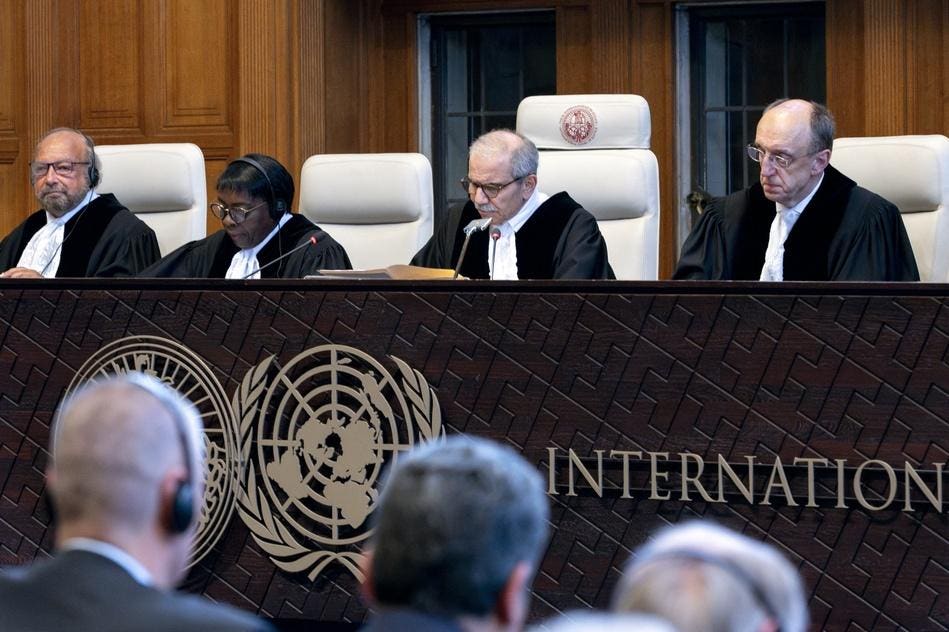On December 2, 2023, the International Court of Justice (ICJ) commenced hearings for its Advisory Opinion regarding the Obligations of States in respect of Climate Change, a process initiated by requests from the United Nations General Assembly (UNGA). The ICJ is tasked with determining the financial responsibilities of nations in contributing to climate change and outlining necessary actions to mitigate its impacts. Although the Court has decided to keep the written submissions made for this case confidential until the commencement of oral arguments, it has committed to releasing these documents daily as the hearings progress. This advisory opinion could serve as an influential precedent for future climate-related legal actions, even though it is non-binding.
The request for this advisory opinion stemmed from a proposal by Vanuatu on March 29, 2023, prompting the UNGA to formally seek guidance from the ICJ on the legal obligations of nations concerning climate protection. The two key questions posed by the UNGA focus on the responsibilities of countries under international law to safeguard the climate system and the legal repercussions for those states whose actions or inactions have led to considerable harm, particularly affecting vulnerable populations and future generations. The UNMA initiated the process by supplying a foundational set of relevant laws and treaties, which facilitated a structured examination of the case.
A notable aspect of this hearing is the extensive engagement it has solicited from international entities, with the ICJ receiving an unprecedented 91 written statements from member states and organizations by the designated deadline of August 15, 2023. By the end of July, the court had already confirmed the receipt of 62 responses, illustrating the high interest and urgency surrounding climate change legal obligations. The hearings are taking place in The Hague, Netherlands, following a public announcement of a schedule that outlines the proceedings for parties involved, with participation from over 100 countries and entities, each set for 30-minute presentations.
Opening statements began with the representatives from Vanuatu and the Melanesian Spearhead Group, marking a pivotal moment in this landmark case. The Court’s hearings are expected to last for two weeks, during which nations such as the United States will also present their arguments. A degree of secrecy has characterized the process thus far; the ICJ had previously restricted public access to filings, which created a sense of anticipation around eventual disclosures. However, in a statement delivered at the opening of the hearings, ICJ President Judge Nawaf Salam announced that all written submissions and comments would be made available to the public after oral proceedings began, enhancing transparency.
The ICJ has structured the procedural dynamics of the hearings quite differently from what might be expected in American courts, notably by reserving questions until after the oral statements conclude. This procedural choice stands in contrast to other judicial practices wherein judges actively engage and question participants during the discourse. Any inquiries raised by the Court will be documented in writing and submitted to participants later in the process, due to the anticipated complexity of the proceedings that necessitate careful consideration of the responses.
Although no specific timeline has been established for when the final advisory opinion will be released, it is anticipated that the complexity surrounding the case may delay the outcome until mid to late 2025. The significance of this advisory opinion cannot be understated, as it is likely to influence the future of international climate justice and the legal frameworks surrounding environmental protection. The ongoing proceedings of the ICJ present an opportunity for nations to collectively reflect on their climate-related responsibilities, ultimately contributing to a larger global dialogue on preventative measures for climate change that could yield fruitful results for future generations.

